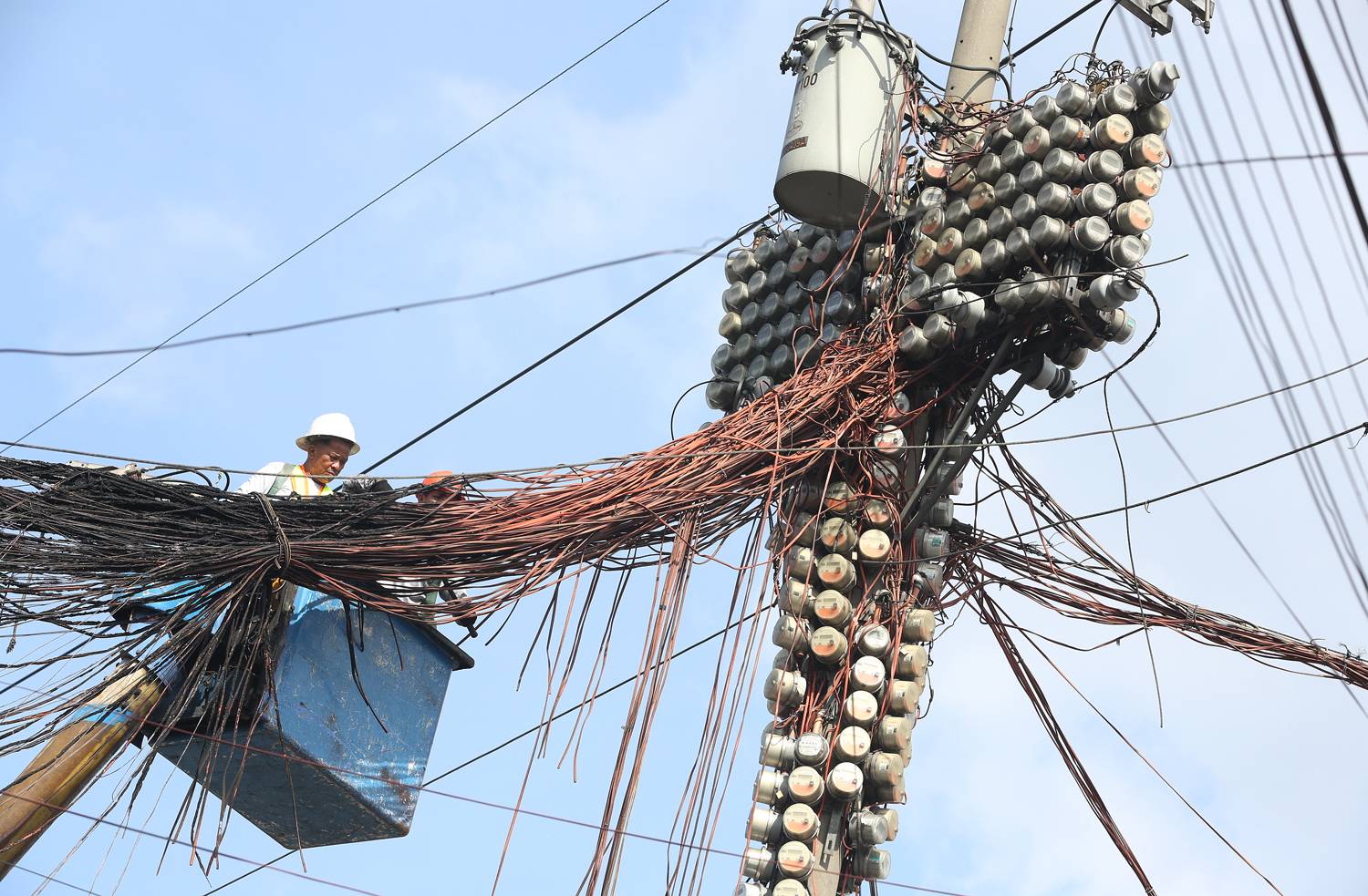DOE: PH risks P300-B financial setback if Psalm life not extended

The country’s Energy chief echoed President Marcos’ call to review the key law on electricity to extend the corporate life of state-owned Power Sector Assets and Liabilities Management Corp. (Psalm) amid fears it could burden the government with P300 billion worth of financial obligations.
According to Energy Secretary Raphael Lotilla, some amendments the President wanted to introduce to the 23-year-old Electric Power Industry Reform Act (Epira) included extending Psalm’s life as it has yet to settle many debts and sell assets to the private sector.
Based on the Epira, which was enacted in 2001 under the term of former President Gloria Macapagal Arroyo, Psalm’s corporate life will lapse in June 2026.
“We thought that it would take only 25 years to finish all of the privatization and to raise the funds necessary in order to pay off the debts of the National Power Corporation [NPC] incurred before,” Lotilla said during a conference on Wednesday, two days after Mr. Marcos’ State of the Nation Address. Psalm manages the financial obligations and the sale of NPC’s assets.
“One of the things that we need to do is … in order to prevent an increase in rates and in order to prevent the government from having to absorb some P300 billion in 2026 when the life of Psalm ends, we will have to extend the corporate life of Psalm,” he said, adding lawmakers are now discussing the matter. One bill, Senate Bill 2580, seeks to prolong Psalm’s existence by another 50 years, or up to 2076.
Lotilla said Psalm also needed time to sell some crucial assets that could bolster supply once they become privatized.
Agus plants
He mentioned the Agus hydropower plants in Mindanao that have dependable capacity of only 600 megawatts (MW) despite having an installed or maximum capacity of 1,000 MW.
“So therefore, there is still a potential of rehabilitating it back to 1,000 MW and therefore produce an additional 400 MW for Mindanao and also for other parts of the country through the Mindanao-Visayas interconnection,” he said.
Rehabilitating the Agus facilities could help support the increasing electricity demand in Mindanao, which is growing “at least 6 percent annually,” according to the Energy chief.
Another asset up for privatization is the Caliraya-Botocan-Kalayaan (CBK) hydroelectric power plant complex in Laguna province. In March, Finance Secretary Ralph Recto, who is also Psalm chair, said P50 billion to P100 billion could be generated from privatizing the CBK power plants in Lumban, Majayjay and Kalayaan in Laguna.
In February, Psalm and the National Irrigation Administration turned over the ownership and operation of the 165-MW Casecnan Hydroelectric Power Plant in Pantabangan town, Nueva Ecija province to Fresh River Lakes Corp., a subsidiary of Lopez-led First Gen Corp.





















